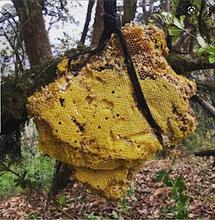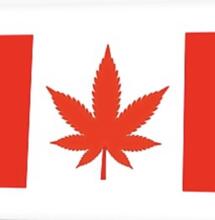Uber Eats Canada to offer cannabis ordering.

Ontario residents will place orders in a dedicated section of the Uber Eats app for cannabis retailer Tokyo Smoke. In a "click and collect" style, they will pick up their goods from their nearest store.
The firm declined to comment on whether they would be rolling out the service further across Canada and the US. Currently, the Canadian cannabis market is worth in the region of CAD$5bn (£3bn; $4bn) a year.
App users will have to prove their age and will then be able to collect their orders within an hour, the company has stated. Under Canadian law, although weed use has been legal since 2018, it remains illegal to deliver it.
Uber has had its sights set on breaking into the booming cannabis market for some time now. In April this year, chief executive Dara Khosrowshahi said that the company would definitely consider delivering cannabis once authorised under US law.
Despite the selling of cannabis for recreational use becoming legal in Canada three years ago, illegal producers are still controlling a large share of the sales. This is something the government has been working to change.
Uber stated that its partnership with Tokyo Smoke would help adults buy safe, legal cannabis, combatting illegal sellers.
Who are "Tokyo Smoke?"
Tokyo Smoke is a cannabis retail business with stores across Canada.
Canada's cannabis market is forecast to continue increasing in the coming years, with industry analysis firm BDS Analytics expecting sales to grow to $6.7bn by 2026.
An Uber spokesperson added. "We will continue to watch regulations and opportunities closely market by market. And as local and federal laws evolve, we will explore opportunities with merchants who operate in other regions,"
Demand for cannabis and its products grew significantly during 2020 as people were confined to their homes during lockdowns.
I've got to say that I admire Uber for being so upfront about its intentions. We hear rumours about platforms such as Amazon positioning themselves to get involved with the legal distribution industry as and when the opportunity arises. However, they always stop short of directly confirming it. As if they are still being wary. For cannabis to be entirely accepted and integrated into everyday life, companies have to treat it the same as other commodities such as alcohol or food. If it's legal, what's the problem?










